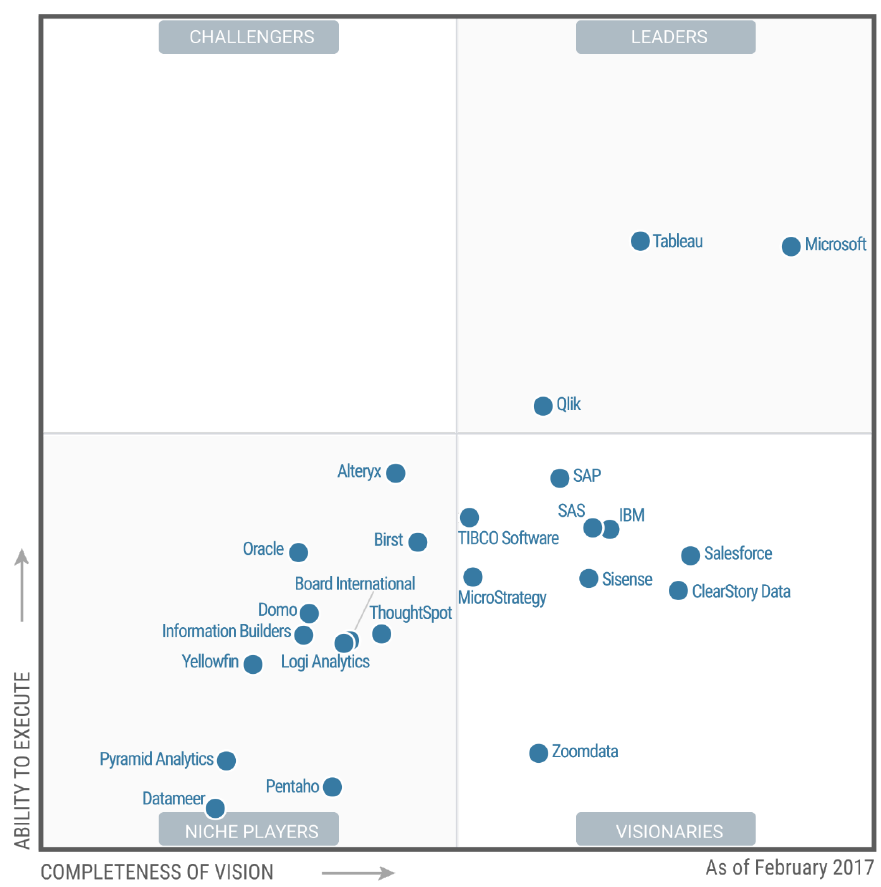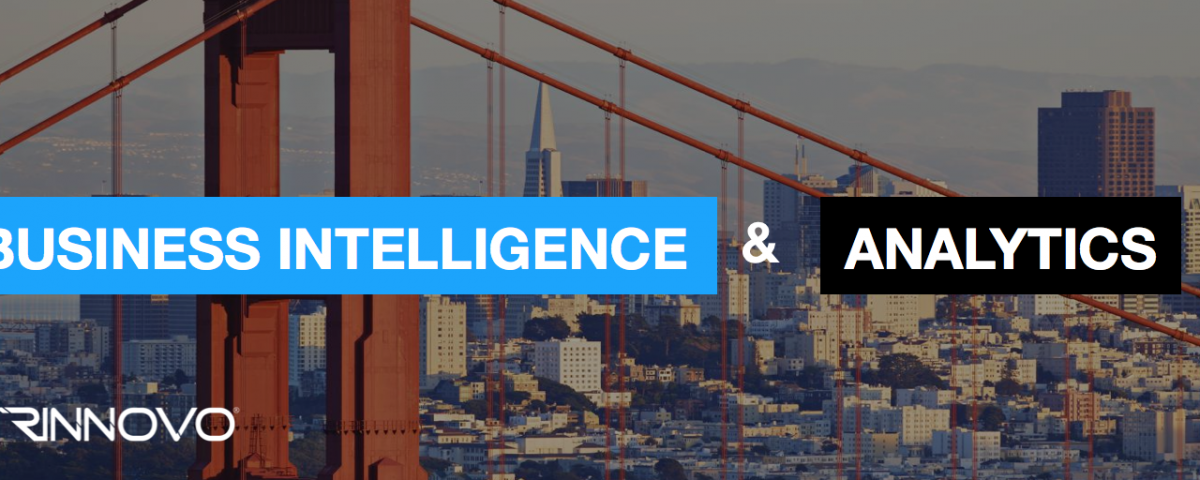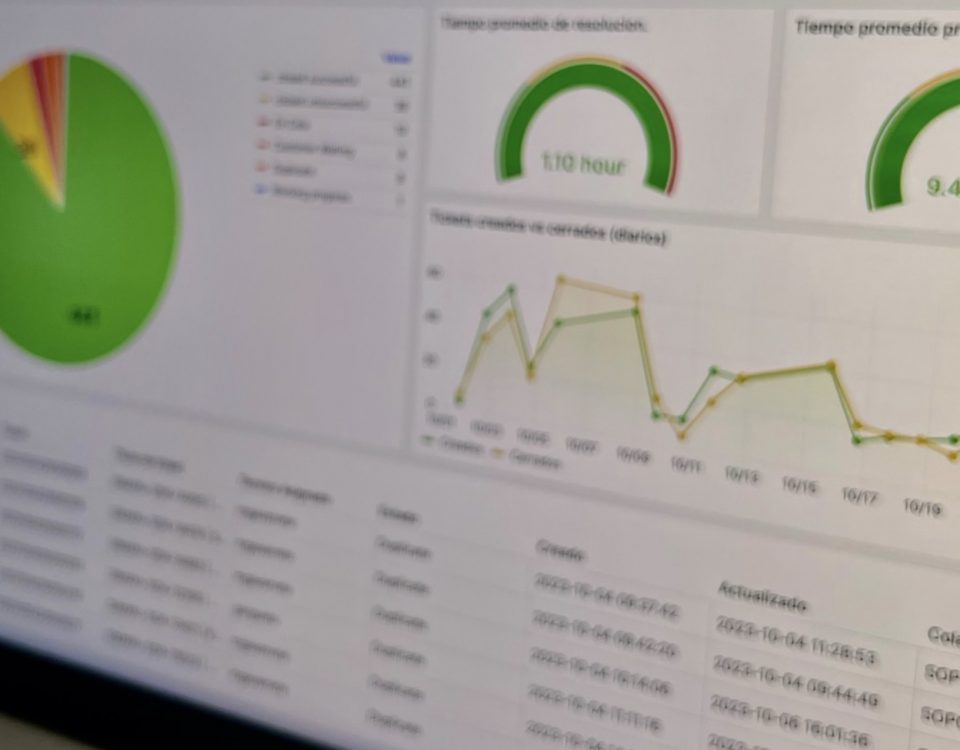BI vs BA
We are in an era in which business and markets have evolved and therefore the application of Business Intelligence (BI) and Business Analytics (BA), but to which each of these concepts refers: In the first instance BI refers to the tools , infrastructure and applications used to analyze and process the data, while BA refers to the application of BI results in the business strategy.
"What’s the difference between Business Analytics and Business Intelligence? The correct answer is: everybody has an opinion, but nobody knows, and you shouldn’t care."
Market
In recent years we have seen that the decisions of purchases of BI tools or analytical platforms have gradually passed from IT to business due to the commercial and / or market requirements of having a centralized platform, with a well-established and scalable government that At the same time it supports the evolution and sophistication of the analytics and that provides autonomy for the users.
The change in the BI and analytical market and the corresponding opportunity that has been created for new and innovative approaches to BI has drawn considerable attention from a wide range of suppliers. The list ranges from great technology players, as well as lifelong players trying to reinvent themselves to regain relevance
A crowded market with many new participants, the rapid evolution and constant innovation creates a difficult environment for sellers to differentiate their offers from the competition..
Use cases
Gartner defines the platforms of BI & Analytics as the software / platform that supports the following 5 use cases for BI and BA:
- Centralized BI provisioning
- Decentralized Analytics
- Governed Data Discovery
- OEM/Embedded BI
- Extranet Deployment
These use cases support IT requirements as enablers for business initiatives. In addition to providing rapid delivery of insights to analytical users and developing analysis in a decentralized manner.
BI platforms
Technological evolution has meant that BI and BA platforms have increasingly more and better business support functions among which Self-Service and Data Discovery stand out; However, Gartner in his magic quadrant defines the critical capabilities that a BI and Analytics platform must fulfill as follows:
- Security and User Administration
- Data Source Connectivity
- Cloud BI
- BI Platform Administration
- Self-Contained ETL and Data Storage
- Self-Service Data Preparation
- Governance and Metadata Management
- Embedded Advanced Analytics
- Interactive Visual Exploration
- Analytic Dashboards
- Mobile Exploration and Authoring
- Embed Analytic Content
- Publish Analytic Content
- Collaboration and Social BI
- Ease of Use

In conclusion, we can say that there are multiple definitions and applications for the concepts of Business Intelligence and Business Analytics, the important thing is to apply them within the different areas of the business; and for this there are a number of tools on the market which adapt to our needs according to the use case provided. Additionally, Gartner's studies serve as a reference on who are the big players in the market, however, an in-depth analysis of the tools to be considered and their benefits within our reality will always be necessary.




